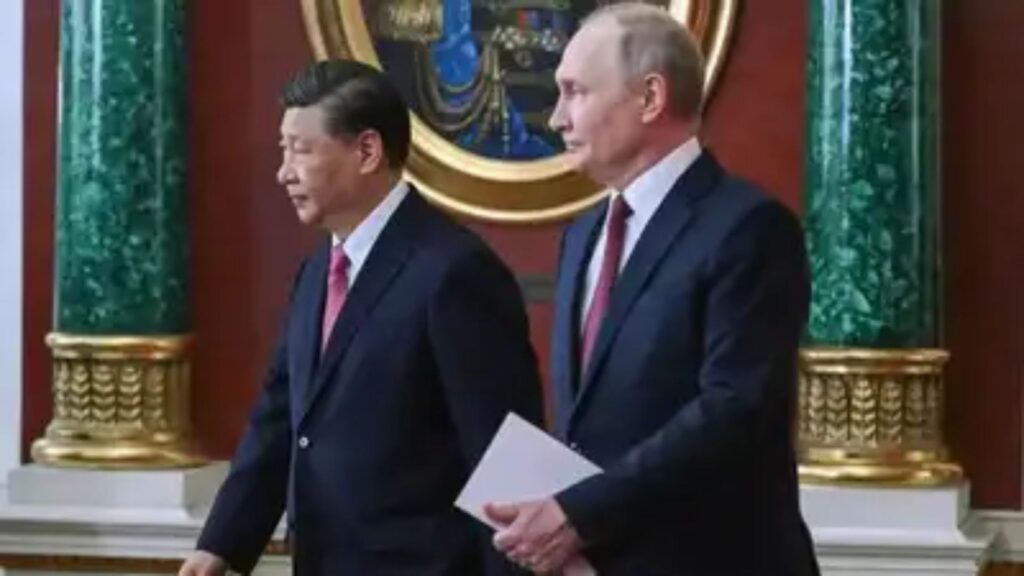After nearly two weeks of escalating hostilities that brought the Middle East to the brink of a wider regional war, Israel and Iran have agreed to a “complete and total ceasefire,” according to a senior White House official. The breakthrough was reportedly the result of a flurry of diplomatic efforts led by the United States and Qatar, following a rapid exchange of attacks that threatened broader destabilization.
The ceasefire announcement, made early Tuesday morning by U.S. President Donald Trump, marks the formal end of what he called the “12 Day War.” Trump credited the agreement to a coordinated diplomatic push that included direct conversations between himself and Israeli Prime Minister Benjamin Netanyahu, as well as behind-the-scenes engagement with Iranian officials by Vice President JD Vance, Secretary of State Marco Rubio, and envoy Steven Witkoff.
Key Role Played by Qatar
While the ceasefire is being hailed as a diplomatic win for Washington, regional sources indicate that Qatar played a pivotal mediating role. Qatar’s Prime Minister, Sheikh Mohammed bin Abdulrahman Al Thani, reportedly secured Tehran’s consent to the ceasefire following a call prompted by Trump’s outreach to Qatar’s Emir.
That call came after Iranian forces struck a U.S. airbase in Qatar in retaliation for earlier American strikes on Iranian territory. President Trump had informed Qatar that Israel had already agreed to a ceasefire, and requested Doha’s assistance in persuading Iran to reciprocate.
According to sources cited by Reuters and Fox News, Vice President Vance then worked closely with the Qatari leadership to finalize the terms. Israel’s agreement to the ceasefire was said to be contingent on Iran refraining from further attacks.
Unclear Who Conceded First
Despite the public declarations, it remains unclear which side initiated the truce or made the first concession. Iranian Foreign Minister Abbas Araghchi suggested Tehran was prepared to stop hostilities if Israel did the same. Israeli officials, meanwhile, had reportedly conveyed to Washington their intent to conclude operations in Iran even before the ceasefire was formalized.
Iran’s Supreme Leader Ayatollah Ali Khamenei offered a cryptic response, stating, “The Iranian nation isn’t one that surrenders,” suggesting that Tehran did not concede first. His role in the ceasefire talks remains unknown, though analysts say his remarks may be aimed at maintaining a posture of strength for domestic and regional audiences.
Trump’s Announcement
President Trump took to social media early Tuesday to declare the end of hostilities between Israel and Iran. He detailed a phased ceasefire agreement, in which Iran would halt operations first, followed by Israel 12 hours later. After a full 24 hours, the conflict would be officially considered over.
“This is a War that could have gone on for years, and destroyed the entire Middle East, but it didn’t, and never will!” Trump wrote, lauding both countries for what he described as “Stamina, Courage, and Intelligence.”
He concluded with a broad appeal for peace: “God bless Israel, God bless Iran, God bless the Middle East, God bless the United States of America, and GOD BLESS THE WORLD!”
Lingering Questions
While the guns may have fallen silent, questions remain over the long-term stability of the ceasefire and whether either side gained anything of strategic value. Analysts also note the potential for renewed hostilities if either party perceives the other as having violated the terms.
For now, however, the ceasefire has offered a momentary reprieve to a region long haunted by conflict, and underscored the importance of diplomacy in averting a catastrophic war.

